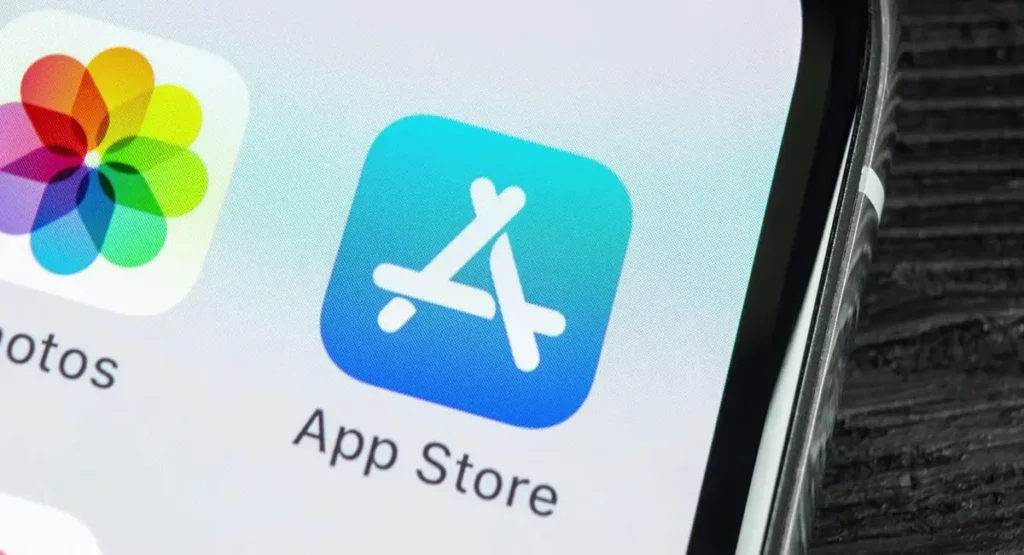In a significant shift, Apple has revised its App Store rules in the United States, allowing developers to include links to alternative payment methods in their apps. This decision, which took effect on January 16, 2024, follows the United States Supreme Court’s refusal to hear Apple’s appeal in its legal battle with Epic Games.
The new guidelines enable developers to apply for an entitlement that permits them to include buttons or links directing users to external purchasing mechanisms. However, these apps must also offer purchases through Apple’s In-App Purchase system. This privilege is restricted to the iOS or iPadOS App Store and is only applicable within the United States marketplace.
Apple will provide an in-app warning to customers, informing them that they are leaving the App Store ecosystem to make a purchase on an external website and that App Store protections will not apply in this scenario.
Despite this flexibility, Apple intends to maintain its revenue stream by charging a commission on purchases made through alternative payment platforms. For developers who are members of the App Store Small Business Program, the commission will be 12%, and for other apps, it will be 27%. This commission applies to purchases made within seven days after a user taps on an External Purchase Link and continues from the system disclosure sheet to an external website. Developers are required to provide accounting of qualifying out-of-app purchases and remit the appropriate commissions to Apple.
Notably, Apple’s decision has some limitations. The company has excluded apps participating in the Apple Video Partner Program or the News Partner Program from the new rules. These programs already have specific commission rates and transaction policies. Furthermore, developers seeking to add links to other purchase options in their app must provide Apple with detailed information, including the app’s unique identifier and the website domain users will be directed to. The external payment processors used by developers must meet certain industry standards and provide processes for disputing unauthorized transactions, managing subscriptions, and requesting refunds.
The move has sparked controversy and debate within the developer community. Epic Games founder Tim Sweeney criticized Apple’s approach, describing it as an “anticompetitive new 27% tax on web purchases” and plans to contest Apple’s compliance plan in court. Others have commented on the implications of Apple’s commission rates and the potential impact on the developer ecosystem.
Apple’s decision to allow alternative in-app payment methods represents a significant change in its App Store policy, driven by legal battles and regulatory pressures. While it offers more flexibility for developers, the imposition of commission fees and the specific requirements for implementing these external links highlight the ongoing tension between Apple and the app developer community regarding App Store practices and revenue sharing.
[ You might also like: Why Apple Watch Ban in US? ]



